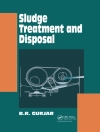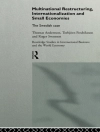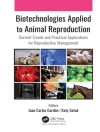In member countries of the Association of Southeast Asian nations (ASEAN), as in other Asian developing countries, the majority of firmsare small-and medium-sized enterprises (SMEs). In these countries, SMEs are very important because of their huge employment creation, especially in rural areas, and as the main source of income for poor households. Therefore, these enterprises have been considered as an important element of poverty education, employment creation, economic growth and export promotion policies. Furthermore, it is often stated in literature that the future prospect of SMEs in playing that role would depend on whether they can survive in the long run, in the course of economic modernization and trade liberalization. More specifically, it depends on whether SMEs’ goods can compete, not only with goods produced by domestic large/modern enterprises (including multinational companies) but also with imported goods and in export markets. During the past few years, especially after the Asian financial crisis in 1997/98, ASEAN countries (especially Indonesia, Thailand, Malaysia, Philippines, and Vietnam) have been undergoing economic reforms, including trade liberalization. It is generally believed that trade liberalization should be beneficial for domestic economy as well as the world as a whole. However, not many serious studies have been done on the possible impact of ongoing trade liberalization on local SMEs in the region. This book is about that particular issue, namely to answer the question of whether the SMEs will be negatively or positively affected by trade liberalization
Tulus Tahi Hamonangan Tambunan
Trade Liberalisation and SMEs in ASEAN [PDF ebook]
Trade Liberalisation and SMEs in ASEAN [PDF ebook]
购买此电子书可免费获赠一本!
格式 PDF ● 网页 207 ● ISBN 9781536112146 ● 编辑 Tulus Tahi Hamonangan Tambunan ● 出版者 Nova Science Publishers ● 发布时间 2017 ● 下载 3 时 ● 货币 EUR ● ID 7228149 ● 复制保护 Adobe DRM
需要具备DRM功能的电子书阅读器












